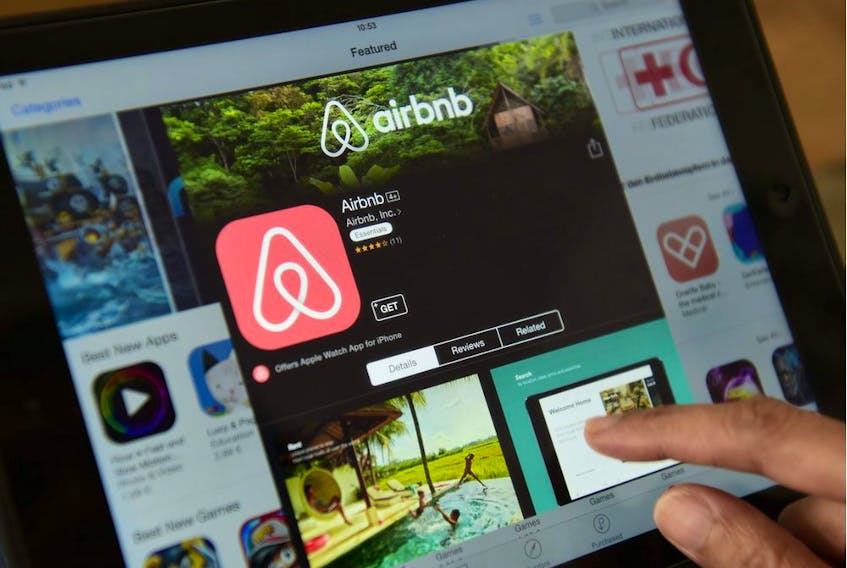It is, on the surface, a no-brainer.
If Business A has to pay a tax, then Business B, carrying out the same business in the same town, should have to pay it, too.
That’s just basic fairness.
It’s a discussion we’re likely to hear more about, as provincial government working groups look at how to regulate and tax the growing Airbnb short-term rental business.
There are already rules about sales taxes.
Take HST — most provinces require that, if you are renting your property as a shorter-term rental of 30 days or fewer (and you’ve made above $30,000 a year from the process), you have to register for, charge and remit HST. (That’s pretty much the same HST rules that apply to all home-based businesses.)
But it doesn’t stop there.
The City of St. John’s is now looking at legislation that would require Airbnbs to charge the city’s four per cent tourism marketing levy. It’s something that everyone else in the short-term accommodation business already has to pay, and it’s hard to see why the city shouldn’t go ahead with it.
There have already been a few models introduced in different municipalities that are trying to bridge the gap between taxpaying businesses and Airbnbs. Bonavista, for example, fully views Airbnb operations as businesses, and charges their operators commercial tax rates, based on the assessed value of the property. Efforts to collect the taxes have gone as far as to have the town cut off water to businesses that don’t pay up.
...avoiding taxes isn’t supposed to be a legitimate business technique.
Bay Roberts is looking at introducing a flat fee of $500 a year for each Airbnb, with the council saying their intention is to level the playing field for others in the town operating more traditional bed and breakfast operations who are paying commercial taxes.
And it’s pretty clear that this is only the beginning of a far broader effort to bring the online rental market under proper regulation. There are plenty of other towns and cities that may feel the short-term rental businesses are getting a free ride on municipal services. The subject is even slated to be discussed in a November Municipalities NL meeting.
No one should be surprised that there’s an effort being made to make sure that the tax system doesn’t benefit one operator over another, because avoiding taxes isn’t supposed to be a legitimate business technique.
Can the taxes and fees process be a complicated one?
Yes, it can.
Can it take time?
That, too.
Do you end up having to pay taxes that you would rather keep as profits?
Absolutely.
But your financial edge as a business should never be that you’re not paying your fair share of taxes, and your competitors are.
Hopefully, most people can understand that.
RELATED
- Newfoundland and Labrador should involve Airbnb hosts in regulation discussions, spokesperson says
- Municipalities call for regulation of Airbnbs in Newfoundland and Labrador
- Bay Roberts to mull over how it handles Airbnb rental
- LETTER: Airbnbs are here — municipalities, industry need to learn best how to live with them








